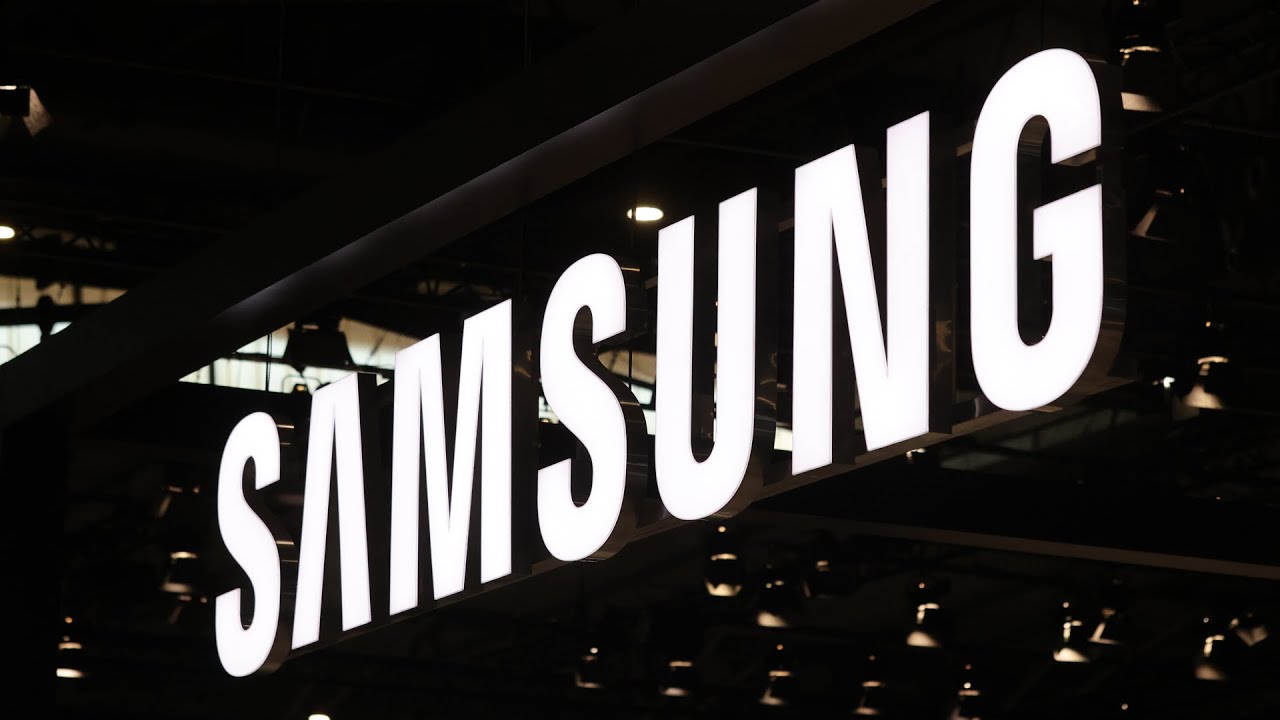Samsung and SK Hynix have secured contracts to supply technology for OpenAI’s Stargate project, highlighting the complex balance between international partnerships and U.S. efforts to boost domestic semiconductor manufacturing amid a significant skilled labor shortage. Meanwhile, the Trump administration’s proposed visa restrictions and increased fees for foreign workers have raised concerns within the chip industry about the potential negative impact on the U.S.'s ability to attract and retain essential talent for its semiconductor and AI ambitions.
The video discusses the involvement of major Asian semiconductor companies, Samsung and SK Hynix, in supplying technology for OpenAI’s Stargate project. Despite the U.S. government’s strong push for domestic manufacturing, these companies have secured contracts, highlighting the complex dynamics between international partnerships and national manufacturing goals. The Trump administration has been keen on promoting investments in big data centers and AI projects like Stargate, but questions remain about the financial implications and the specifics of where the high-bandwidth memory will be produced—whether in Asia or the U.S.
A significant point raised is the trade deal between the U.S. and South Korea, which includes commitments for South Korean investments in the U.S. amounting to as much as $350 billion over several years. This deal could influence the production locations and the extent of manufacturing done domestically versus abroad. The U.S. government, particularly under the Trump administration, is likely to exert pressure on both Samsung and SK Hynix, as well as the South Korean government, to increase chip production within the United States to support national economic and security interests.
Another critical issue discussed is the tension between the push for onshore manufacturing and the availability of a skilled workforce. The semiconductor industry faces a significant labor shortage, with an estimated gap of 67,000 jobs in the U.S. This shortage is partly due to the insufficient number of domestic graduates in relevant fields to meet the growing demand driven by expansions in manufacturing and data centers over the next five years. The industry relies heavily on international talent, which brings the topic of visa policies into focus.
The Trump administration’s proposed changes to visa rules, particularly regarding the F-1 student visa, have been met with strong opposition from the chip industry. Currently, international students can stay in the U.S. indefinitely while actively studying, but the administration wants to limit this to four years. Industry leaders argue that such restrictions will drive away valuable talent to countries with more welcoming immigration policies, ultimately harming the competitiveness of the U.S. semiconductor sector.
Additionally, the administration plans to raise the fees for H-1B visas to $100,000 for new applications, which could impose hundreds of millions of dollars in extra costs on chip companies seeking to hire foreign talent. This move, combined with the visa restrictions, has raised concerns among industry executives who warn that these policies could undermine the U.S.'s ability to attract and retain the skilled workforce necessary to support its ambitions in semiconductor manufacturing and technology innovation.
